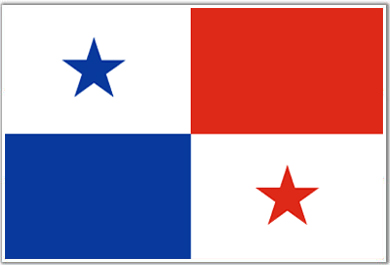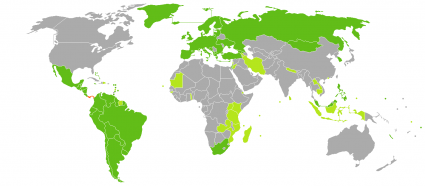June 9, 2015
 by Bobby Casey
by Bobby Casey
Nearly every day of the week I get a call or email from readers asking me, “I am just starting out with internationalizing my life – what do you think I should do first?”
I cannot answer this question in broad strokes as everyone’ situation is different.
We consider many options for internationalization like:
- Opening an offshore bank account
- Registering an offshore company
- Setting up an offshore trust or foundation
- Buying real estate overseas
- Getting a second passport
- Getting a second residency
My view is that all of these are important. And as I’ve mentioned hundreds of times at conferences, “How do you eat an Elephant? – One bite at a time”.
So back to the original question, “What to do first?”
For most people, establishing residency in a foreign country offers the most bang for the buck.
First and foremost, it gives you a place to call home outside of your country of origin if you so choose.
I think this is of utmost importance. If nothing else, you have your very own “escape hatch” to live, work, and enjoy life if things get uncomfortable at home.
And while I strongly believe every country in the world should have open borders with legal residency and passports unnecessary like 100 years ago, that is not the case and we must live by the rules of the day.
Having residency in a foreign country gives you options. You can always live, work and travel there.
And eventually, you can get citizenship and a second passport from your new home country.
In addition to having a place to call home, your legal residency allows you to easily open bank accounts, buy property, invest, work and more.
It truly becomes your “passport” to freedom.
I can only imagine that if Edward Snowden or more recently – Ross Ulbrecht had established residency in another country their quality of life would be much greater than it is today.
As nice as this all sounds, there is one HUGE catch.
Almost every country on the planet requires you to actually live there at least 183 days per year to qualify for residency.
There are very few exceptions.
However, Panama IS one of those exceptions. Panama only requires you to visit the country every 2 years to maintain your residency. And it is a very nice place to visit so I don’t see this as an issue.
In 2012, Panamanian President – Ricardo Martinelli issued a Presidential decree allowing citizens of 47 countries (including the United States, Canada, almost all of Europe, and parts of Asia) to easily qualify for permanent residency leading to citizenship in just 5 years.
After you acquire citizenship status, you will be a freshly minted new Panamanian citizen with the ability to travel visa free to 124 countries and 30 more allow visa upon arrival.
As you can see from the map below, you can go to nearly all of Central and South America, the Caribbean and Europe visa free. Considering Panama’s rapid rise economically, I imagine this passport will become more and more valuable as time passes.
This is not a citizenship through investment program like in St Kitts or Antigua requiring hundreds of thousands of dollars in investment.
The requirement is that the applicant have professional and economic ties to Panama.
There are several options that qualify such as landing a job, investing in a business, or buying property.
Along with our legal team in Panama, we offering you the ability to meet us in Panama this August where we will work with you personally to obtain your Panamanian residency. If you are interested in learning more, click the link here.
Please note, due to logistical difficulties working with larger groups, this program is limited to only 10 clients. Also, due to time related issues, it takes about 6 weeks to prepare necessary documentation so this offer is only available to the first 10 people and only available for the next 15 days.
If you are serious, click here to learn more.
Until next time, live well.


